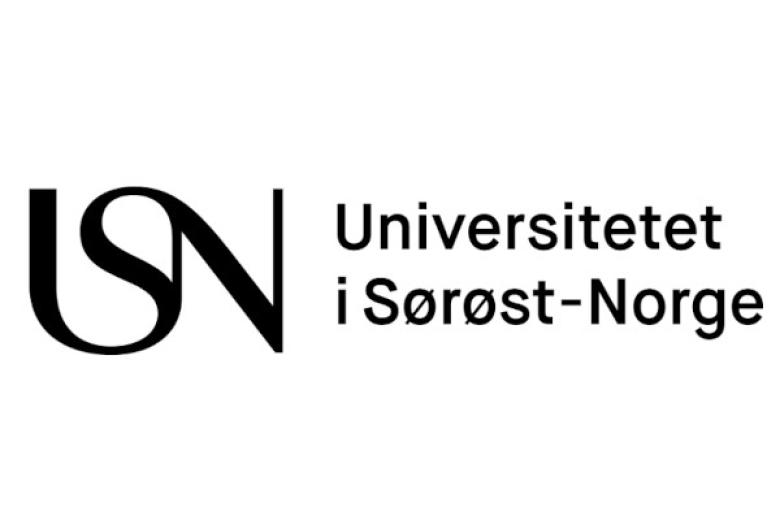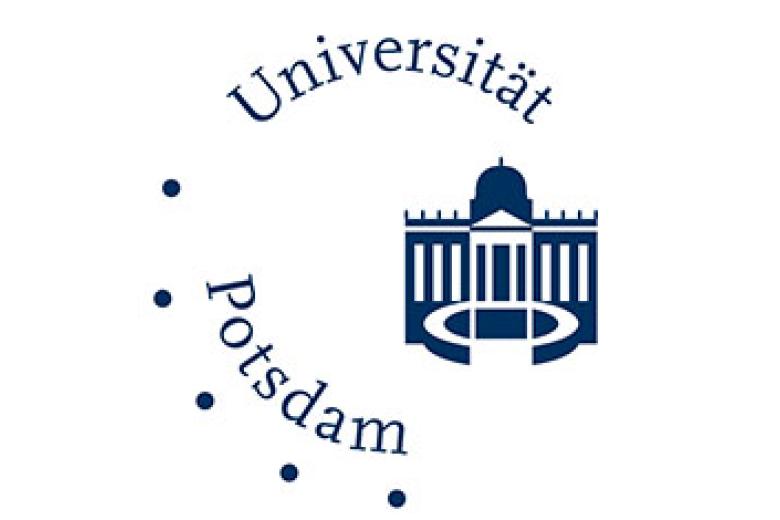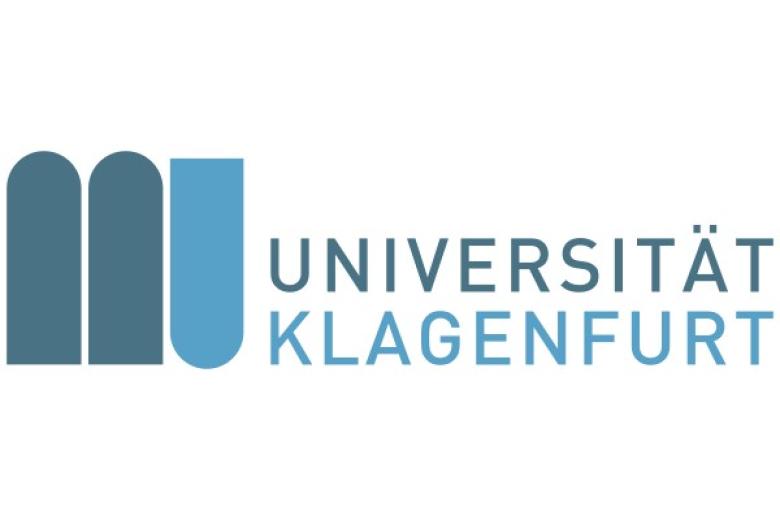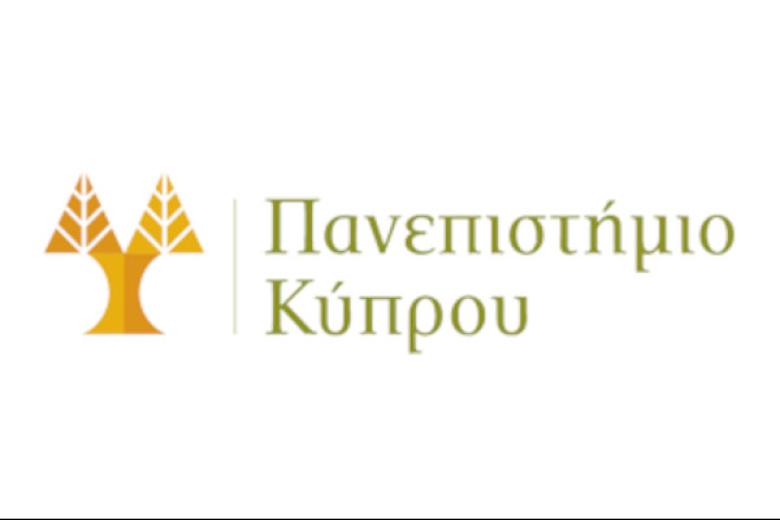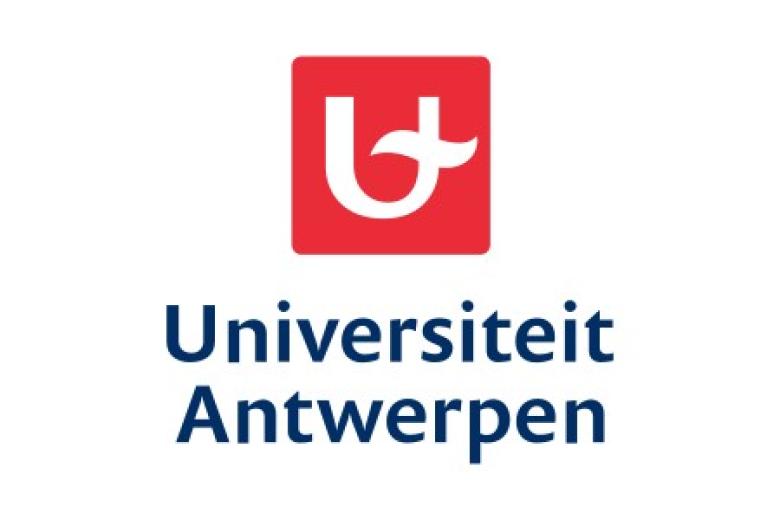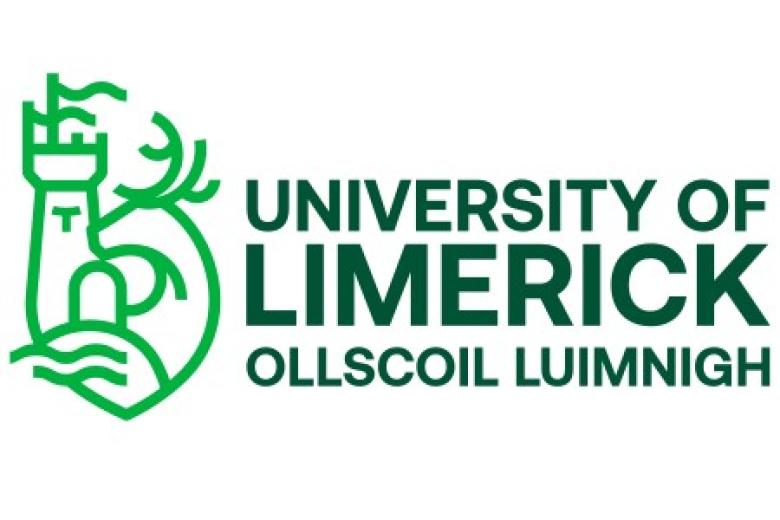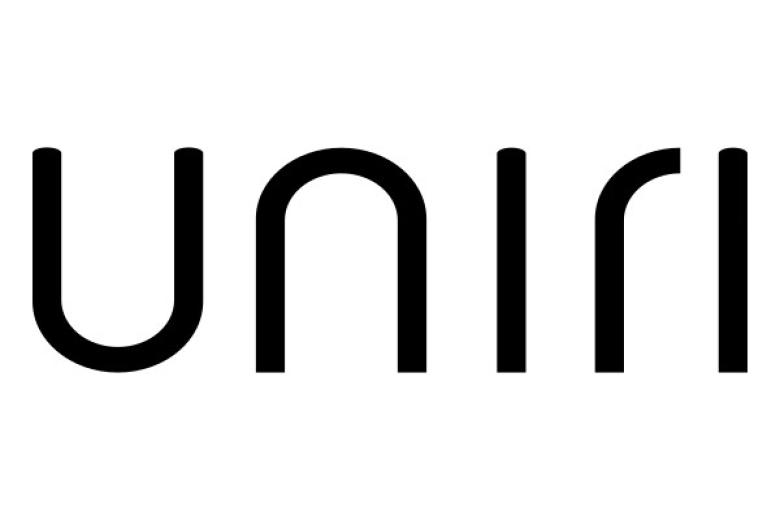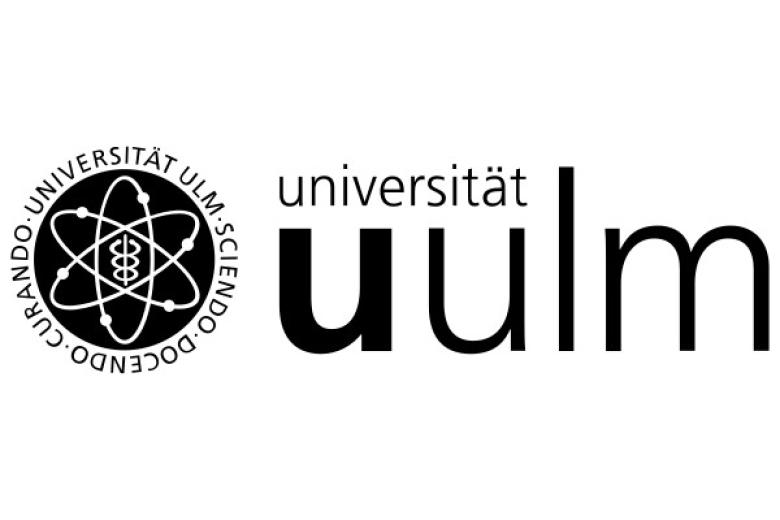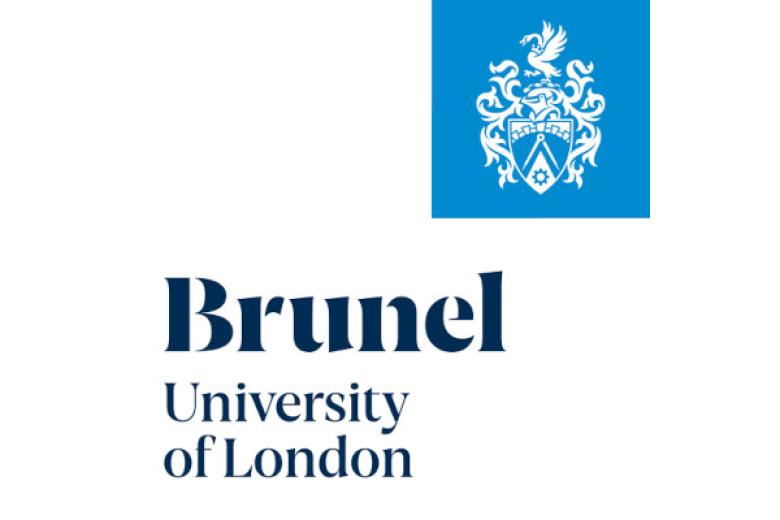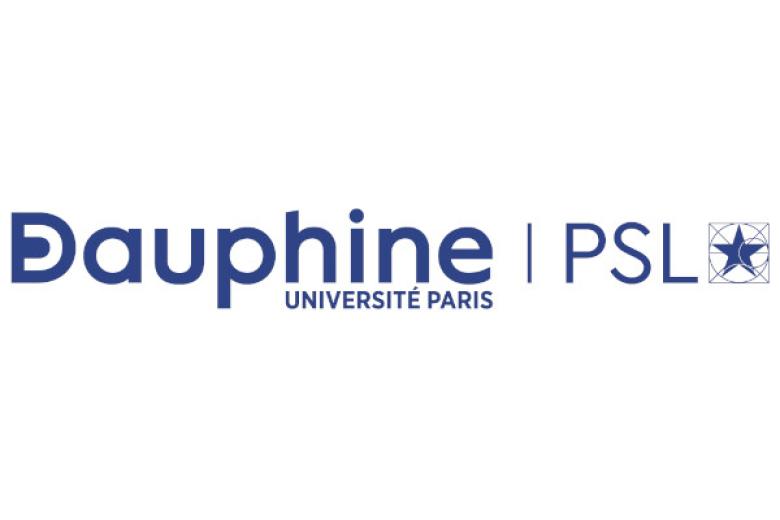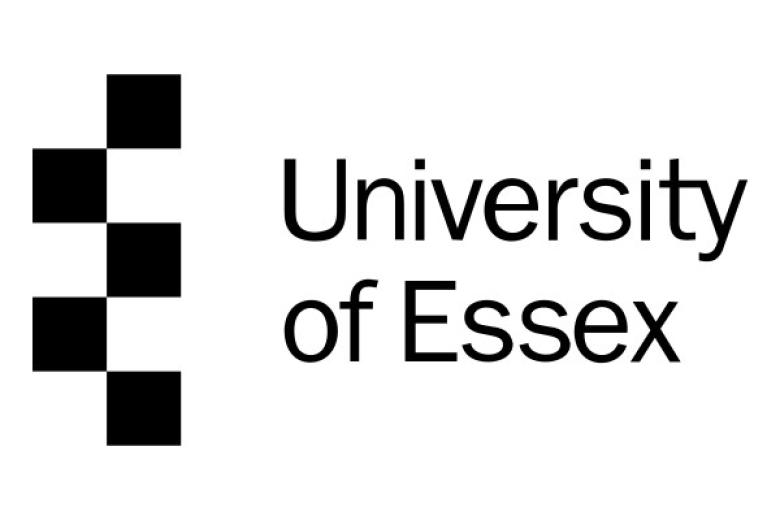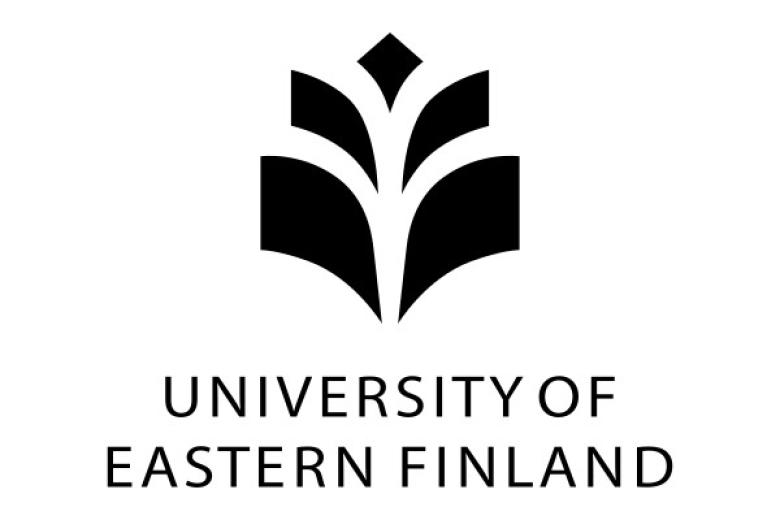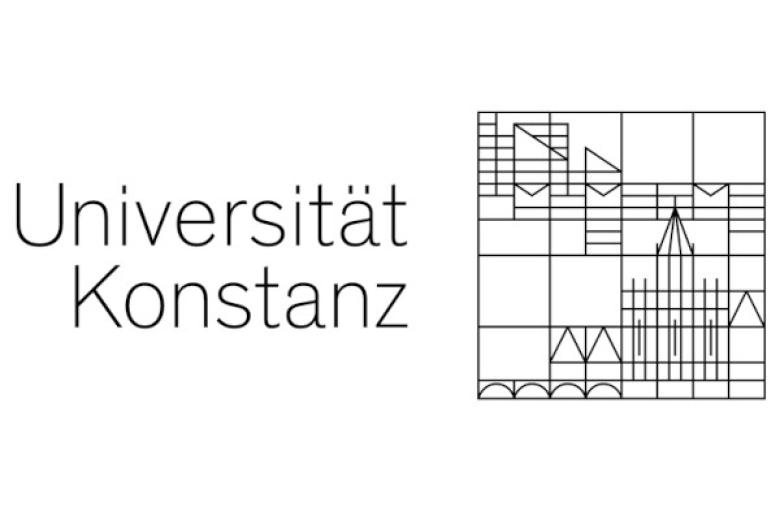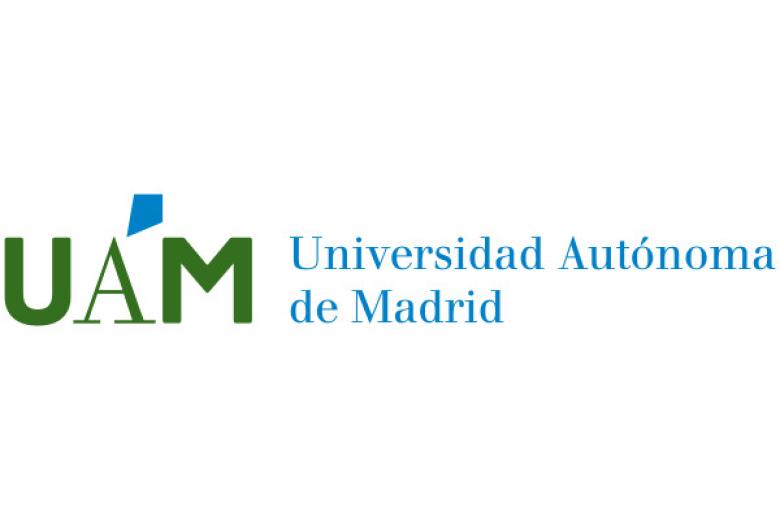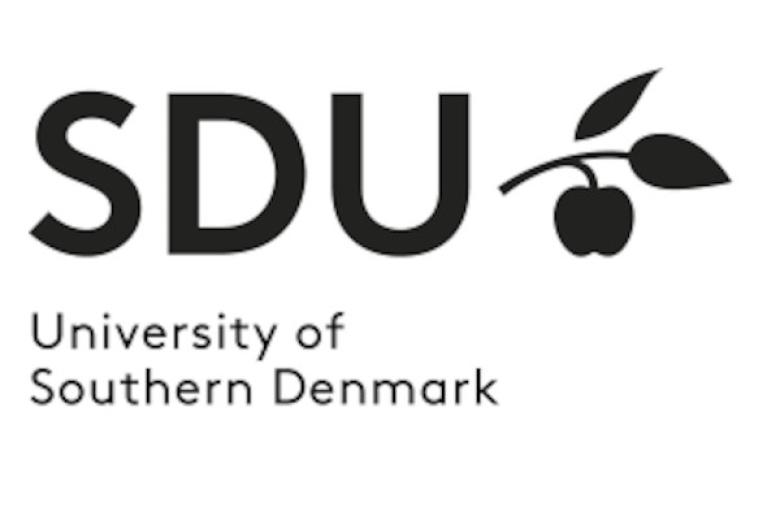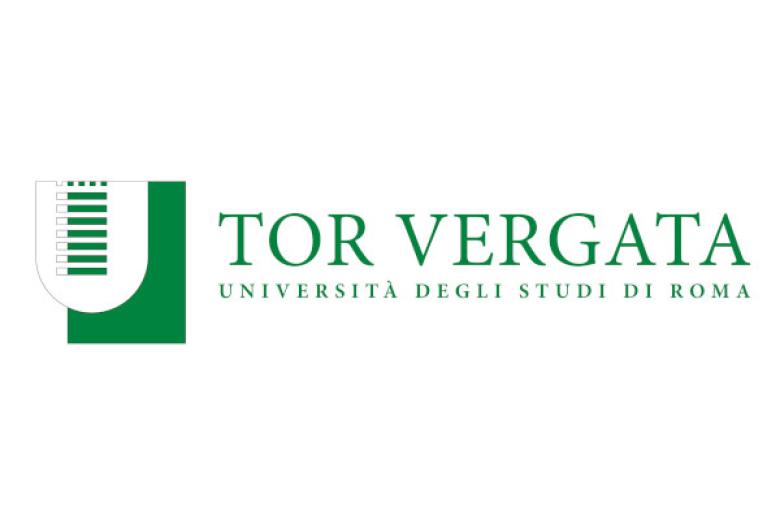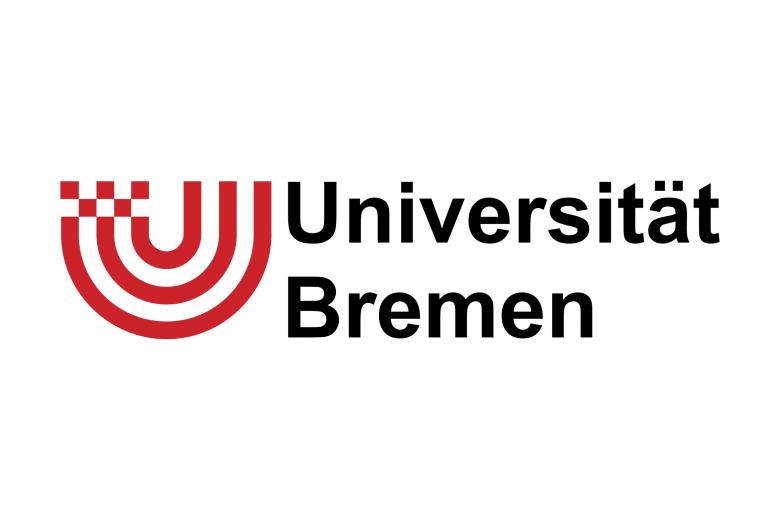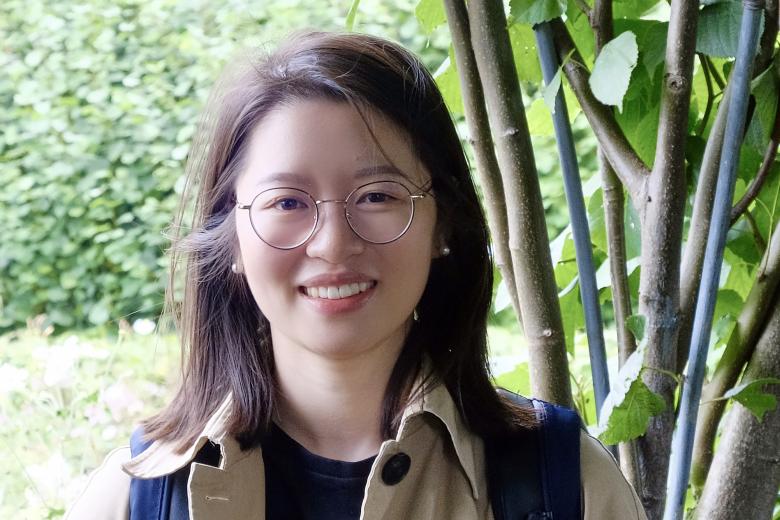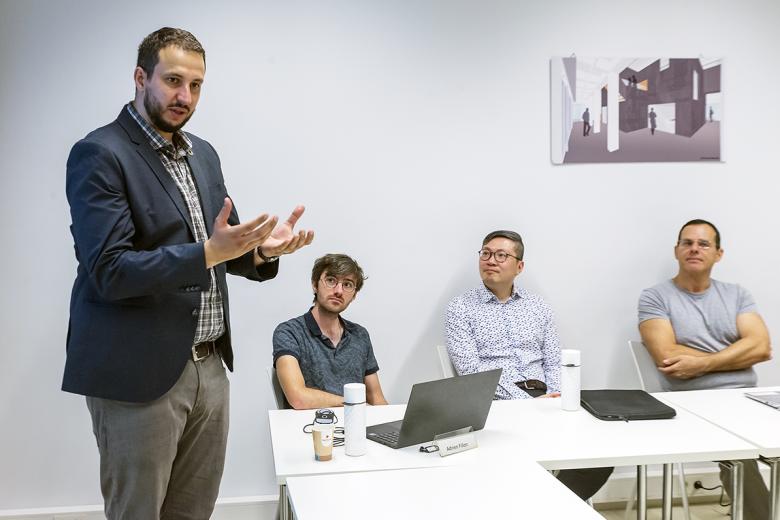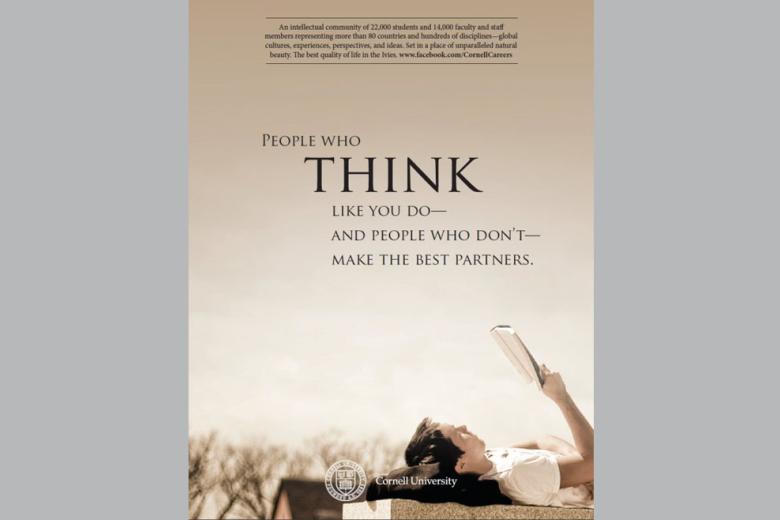Continue working on your employability skills. Talk to a career advisor for personal advice or attend a career workshop. Plan your next move. Remember that an internship or a student job will give you a competitive edge in the job market. Make sure to visit career fairs and meet up with business representatives.
Acquire Skills
Assertiveness training
Helps you develop an assertive attitude and work on your self-confidence.
Boost your self-confidence
During this workshop you will learn how to be more aware of your personal emotions and characteristics. You will get tools to give your personal life a positive boost.
Crash course in Decision making
Are you struggling with making decisions? Do you keep putting them off? Do you find it hard to tell what's important and what isn't? Making a decision is difficult, but we can help you improve with this workshop.
CV & job application letter
In this workshop you will learn how to write a good job application letter and CV. In addition you will take the recruiter’s seat.
Discover your competences
You gain insight into what you are capable of and what you want. You itemise your competencies, key qualities and motives. This workshop will give you a head start in the job market.
Fear of failure training
Always feeling tense and nervous? Do you panic before or during tests or presentations? Then the fear of failure training may be something for you.
Job applications in the Digital Era
Recruiters are increasingly using applicant tracking systems, so what does this mean for you when you apply for a job? How do you make a video application? Many job interviews take place at a distance: via phone, Skype or Facetime. How do you prepare for this? This workshop will give you the answers.
Job interview
During this workshop you learn the ins and outs of the job interview. But you will mainly practise how to respond to questions, what you should not say, and what you can ask.
Lecture: employment contract and negotiations
Fantastic! You've been offered a job. But often you're not there yet. You still need to negotiate your contract, salary and secondary employment conditions.
Lecture: getting the most out of LinkedIn
The focus in this lecture is on making you understand how LinkedIn works and in which ways you can use it to your own benefit.
Lecture: networking skills
Learn the basic principles of personal networking and get some hands-on tips and tricks to help you create a strong network.
Online career library
The Online Career Library has the best websites to help you start off your career.
Personal Branding
During this workshop you go in search of your personal brand. What makes you you? By thinking in this way you learn to profile yourself so that you can make it clear to others who you are and what you stand for
Presentation skills
This interactive, hands-on workshop is built around your presentations – you use them to practise your skills, get feedback and improve.
Self-help: improve your study/professional skills
Tips and tools for improving own professional/study skills.
Study efficacy increase group
The efficacy increase group is a self-help group for students who find it difficult to concentrate on their studies and tend to procrastinate. The group ensures that you improve your study behaviour and that you use an effective method for studying.
Team building for board members
We can help your board to become a real team (for Board members only).
Time management
This interactive workshop will give you an insight in your current time management habits and it will help you identify areas for improvement.
Workshop - Mindfulness and meditation
Mindfulness teaches you to connect with the present and focus on the here and now, increasing your awareness of your thoughts, feelings and bodily sensations. It helps you take some distance from the issues you worry about. This can have a calming effect on your mind and make you feel more relaxed.
Workshop Stress management
Do you find it difficult to find a good balance between study and leisure time? In this workshop you look for your own stress signals and you get tools to keep stress under control.
Gain experience
Master's orientation (MSP)
Info night for students about choosing a master's programme.
KE@work (DKE)
Combine study and work on a 50/50 basis.
Research track honours program MaRBLe (DKE)
Combine study and research on a 50/50 basis.
Career Day (DKE)
Learn more about what you can do after your studies at DKE.
Broaden your Aperture (MSP)
Monthly lectures organised by Aperture for MSP on scientific topics from external guest lecturers.
Applied Research & Internship Project (UCM)
For an entire semester during their second or third year, students can work individually, or in a small team (2-3 students) for an external client. They work on a research-based task and spend part of their time visiting their client's workplace and partly work from UCM.
Postgraduate Internships (UCM)
To facilitate the transition from UCM to further education (i.e. Master programs) and/or professional life, UCM has created the Postgraduate Internship Option. This offers graduates the opportunity to register at UCM while doing an internship after they have finished their Bachelor program.
Master's orientation (UCM)
Introduction to 'paired comparison analysis', using fictitious student Bob as a case study, then applied to a decision/dilemma individually.
ThinkTank (UCM)
For four weeks students work in a group of 8-10 on a case issued by an external client. In the end, they will present a report of recommendations to this client.
Become a member of a student organisation
Build networks. Make friends. Find like-minded people
Become a student representative
Students can make a real contribution to improving the facilities and policies of Maastricht University.
Honours programme MaRBLe
Brings multidisciplinary scientific research to the bachelor phase.
Prepare studying abroad
Studying abroad not only brings you academic knowledge and skills, it also brings you a valuable experience in a new and different environment and cultural setting.
Student jobs at UM
There are various jobs at Maastricht University for UM Students. These vary from organising the introduction week to photographing and writing for our social media and providing information to high school students.
UM vacancy board
The UM vacancy board is the central vacancy platform for students and alumni.
Get personal support
Starting your own business
A series of inspiring events about business startups. You'll meet other starting entrepreneurs, enabling you to expand your network.
Career advice
The career advisers of UM Career Services are specialised in the areas of study and career choices as well as opportunities on the job market. They can help you with all your career-related questions in a 45-minute session.
UM Buddy- International Student Ambassadors
Become a coach for international students and receive coaching and training at the same time. Expand your skills set in a different cultural context.
Individual Psychological Support
Everyone feels a little bit out of sorts sometimes. The signs vary from fear of failure, procrastination and problems with planning to eating disorders, stress, gloom and even depression. Our team of student psychologists is there to help you.
Quick career advice
Do you have any questions about your career and study? Would you like to know what your prospects are after graduation? Are you unsure about your job application letter, CV or LinkedIn profile? Come for some Quick Career Advice - and yes, the sessions are quick: 15min.
Coping with loss and mourning group
Have you lost someone and do you want to come to terms with your loss and learn to let go? Then the coping with loss group may be something for you.
Bachelor in Psychology
Course code and title: IPN 1024 Statistics I, and IPN1121 SPSS I
Coordinator and lecturer: Dr. Trung Dung Tran
Content:
This course consists of two parts. During the first part of the course, students will study the foundations of inferential statistics. A great deal of emphasis will be placed on the logic behind the statistical reasoning process. During the second part of the course, students will be familiarised with several statistical techniques often used in the field: t-tests, ANOVA and X2 tests. In the parallel SPSS practical, students will be given the opportunity to apply these techniques to several real data sets. The subjects covered in the second part of this course will consistently be linked to the basic terms that were explained in the first part of the course.
The focus is on statistical concepts and techniques that play a role in summarizing and describing observed variables and relationships between variables, as well as generalizing the results for a larger group of people than the observed group. The first theme of this course is to summarize the observed data. The second theme is the testing concept. The third theme pertains to various basic statistical techniques that are used to analyse observed data.
Course code and title: IPN 2028 Statistics II, and IPN 2135 SPSS II
Coordinator and lecturer: Dr. Nick Broers
Contents:
Within psychology, there is a tradition of experimentally oriented research, although quasi-experiments and correlational research also frequently occur. The data to be analysed are often quantitative, such as test scores and response times. The most accepted statistical analysis method for quantitative data from experimental research is analysis of variance (ANOVA), and the most common for correlational research is regression analysis. During this course, students familiarise themselves with the logic and application possibilities of analysis of variance and, to a lesser degree, with regression analysis. Treatment of these topics will build on one-way ANOVA and regression analysis as taught in the first academic year. The guiding principle here is the distinction between within subjects (WS) and between subjects (BS) designs, and the distinction between experimental, quasi-experimental and correlational research.
Course code and title: IPN3008 Statistics III, and IPN 3201 SPSS III
Coordinator and lecturer: Dr. Jan Schepers
Contents:
The goal of this course is twofold. On the one hand, it supplements Statistics II; that is the analysis of two-way designs with a dichotomous instead of quantitative dependent variable. On the other hand, the emphasis lies on the analysis of tests and questionnaires. In this way, this course provides students a solid statistical preparation for the course ‘Psychodiagnostics’. In this statistics course students will study three techniques spanning several weeks: logistic regression, reliability analysis and factor analysis. Logistic regression is the equivalent of ANOVA and regression analysis covered in ‘Statistics II’ if the dependent variable is dichotomous instead of continuous, such as recovery from disease or passing an exam. Reliability analysis is a classical psychometric method for analysing tests and questionnaires. Students receive a training in classical psychometrics and an introduction into modern psychometrics (the Rasch model), validity, and agreement between evaluators. Factor analysis is a method used to reduce a multitude of variables to a small number of underlying factors, e.g. to reduce the scores on various cognitive tests to few underlying dimensions such as verbal and spatial intelligence, or to reduce the many items in a personality questionnaire to a few sub-scales.
Research Master in Cognitive and Clinical Neuroscience
Course code and title: PSY4162 Applied Statistics I
Coordinator: dr. Jan Schepers
Lecturers: dr. Jan Schepers, dr. Nick Broers, prof. dr. Gerard van Breukelen
Content:
The course consists of eight modules/units. The first four units (period 1) cover the following standard statistical methods: factorial ANOVA for between-subject designs, multiple linear regression, analysis of covariance (ANCOVA), multivariate ANOVA (MANOVA) and discriminant analysis. Students are assumed to have background knowledge of balanced two-way factorial ANOVA and multiple regression. These methods will be briefly reviewed. The following more advanced topics will then be covered: unbalanced factorial designs, contrast analysis, interaction, simple slope analysis, dummy coding, centering covariates, different coding schemes, collinearity and residuals checks and data transformations.
The last four units (period 2) cover classical repeated measures ANOVA for the one- and two-way within-subject design and the split-plot (between x within) design (units 5 and 6) and mixed (multilevel) regression for longitudinal studies (units 7 and 8). Special attention is given to: a) the choice between multivariate and univariate data formats and method of analysis, and the sphericity assumption; b) the distinction between the within-subjects and between-subjects part of a split-plot ANOVA, and how to obtain both using regression analysis; c) marginal models for repeated measures as an alternative to repeated measures ANOVA in cases of missing data and/or of within-subject covariates; d) the pros and cons of various models for the correlational structure of repeated measures, such as compound symmetry and AR1; e) the random intercept model for repeated measures as a method to include individual effects into models for longitudinal data (growth curves) or single trial analyses of lab data (response times, ERP, fMRI); f) combining the former with e.g. ARMA modelling to distinguish between inter-personal and intra-personal outcome variation; and g) random slope models for longitudinal data (individual differences in change over time) and single trial analysis (individual differences in stimulus effects).
Course code and title: PSY4163 Applied Statistics II
Coordinator: dr. Jan Schepers
Lecturers: prof. dr. Gerard van Breukelen, dr. Nick Broers
Content:
Theme 1 (Period 5)
Course lecturer: Gerard van Breukelen
Sample size calculation and nested designs: This course provides an introduction to sample size/power calculation for elementary and often encountered research designs in psychology and neuroscience. First, sample size calculation is explained and practiced for comparing two independent samples (e.g. parallel groups or between-subject design) and for comparing two dependent samples (e.g. crossover or within-subject design) on a quantitative dependent variable (outcome). Subsequently, this is extended to a) correlation between two quantitative variables, b) the comparison of two groups on a binary outcome, and c) two-way factorial designs (BS*BS, WS*WS, BS*WS). The opposite effects of a covariate on the sample size needed in randomized and nonrandomized studies are also explained and practiced. Finally, the data analysis and sample size calculation are covered for some popular nested designs, specifically cluster randomized trials and multicenter/multisite trials. Sample size calculations will be done with GPower and possibly some free software for nested designs, and with pencil-and-paper assignments.
Theme 2 (Period 6)
Course lecturer: Nick Broers
Structural equation modeling: Structural equation modeling (SEM) is an advanced multivariate method that is gaining importance in psychology but still requires special software (such as Lisrel, EQS, AMOS or Mplus). SEM is introduced in two units, starting with causal modelling and mediation analysis in cross-sectional research and then extending to longitudinal research and latent variables (factors). Special attention is given to identifying models, model equivalence, global and local goodness of fit indices, parsimony, model modification and cross- validation. Some concepts from matrix algebra are needed for SEM, and these will be briefly discussed without going into technical detail.
Course code and title: PSY4164 Applied Statistics II
Coordinator: dr. Jan Schepers
Lecturers: prof. dr. Gerard van Breukelen, dr. Jan Schepers
Content:
Theme 1 (Period 5)
Course lecturer: Gerard van Breukelen
Sample size calculation and nested designs: This course provides an introduction to sample size/power calculation for elementary and often encountered research designs in psychology and neuroscience. First, sample size calculation is explained and practiced for comparing two independent samples (e.g. parallel groups or between-subject design) and for comparing two dependent samples (e.g. crossover or within-subject design) on a quantitative dependent variable (outcome). Subsequently, this is extended to a) correlation between two quantitative variables, b) the comparison of two groups on a binary outcome, and c) two-way factorial designs (BS*BS, WS*WS, BS*WS). The opposite effects of a covariate on the sample size needed in randomized and nonrandomized studies are also explained and practiced. Finally, the data analysis and sample size calculation are covered for some popular nested designs, specifically cluster randomized trials and multicenter/multisite trials. Sample size calculations will be done with GPower and possibly some free software for nested designs, and with pencil-and-paper assignments.
Theme 3 (Period 6)
Course Lecturer: Jan Schepers
Resampling methods in statistics: Many modern statistical analyses make use of resampling methods in applications where theoretical statistics cannot readily provide answers for making statistical inferences from the data at hand. This elective provides an introduction to three important resampling methods, bootstrapping, permutation testing and cross- validation, for obtaining measures of accuracy for parameters of a model or for studying model fit. The methods will be practiced using the software R.
Course code and title: PSY4165 Applied Statistics II
Coordinator: dr. Jan Schepers
Lecturers: dr. Nick Broers, dr. Jan Schepers
Content:
Theme 2 (Period 6)
Course lecturer: Nick Broers
Structural equation modeling: Structural equation modeling (SEM) is an advanced multivariate method that is gaining importance in psychology but still requires special software (such as Lisrel, EQS, AMOS or Mplus). SEM is introduced in two units, starting with causal modelling and mediation analysis in cross-sectional research and then extending to longitudinal research and latent variables (factors). Special attention is given to identifying models, model equivalence, global and local goodness of fit indices, parsimony, model modification and cross- validation. Some concepts from matrix algebra are needed for SEM, and these will be briefly discussed without going into technical detail.
Theme 3 (Period 6)
Course Lecturer: Jan Schepers
Resampling methods in statistics: Many modern statistical analyses make use of resampling methods in applications where theoretical statistics cannot readily provide answers for making statistical inferences from the data at hand. This elective provides an introduction to three important resampling methods, bootstrapping, permutation testing and cross- validation, for obtaining measures of accuracy for parameters of a model or for studying model fit. The methods will be practiced using the software R.
Master in Forensic Psychology
Course code and title: PSY4617 Applied Statistics
Coordinator: Dr. Nick Broers
lecturers: dr. Nick Broers, dr. Wolfgang Viechtbauer (FHML), prof. dr. Gerard van Breukelen
Contents:
The course consists of six units. The first unit will focus on a review of multiple linear and logistic regression analysis, which will form the basis for most of the advanced techniques that will be covered in the remainder of this course. This general introduction into regression techniques is followed by a unit that focuses on ROC curve analysis. ROC curves are becoming increasingly more important to forensic psychologists, for instance, to help find optimal cut-off scores for instruments that should help decide on whether an institutionalized offender can be granted parole or leave, or for studying whether verbal veracity assessment tools can discriminate between truth or falsehood of incriminating or exculpatory statements. In studies on the accuracy of identification of crime suspects, a comparison of ROC curves can be used to decide which of several line-up procedures is superior in terms of maximizing correct and minimizing false identification rates. The third unit covers meta-analysis.
The last three units are devoted to mixed (multilevel) regression for nested designs and longitudinal studies. This mixed regression starts with a unit on marginal models for repeated measures (for instance, a time series of observations on institutionalized offenders receiving specialized treatment). Especially in cases of missing data or within-subject covariates, such models are known to be more efficient than traditional techniques such as repeated measures ANOVA. In this first of three units on multilevel regression, students are shown the pros and cons of various models for the correlational structure of repeated measures, such as compound symmetry and AR1. The second unit covers the random intercept model for repeated measures as a method to include individual effects in marginal models for longitudinal data (growth curves) or single trial analyses of lab data. Students learn how this can be combined with e.g. ARMA modelling to distinguish between interpersonal and intrapersonal outcome variation. The random intercept model will also be applied to a cluster randomised trial - i.e. an RCT where organisations, like institutions treating justice-involved adolescents, are randomised. The third and last unit on mixed regression covers random slope models for longitudinal data (individual differences in change over time), single trial analysis (individual differences in stimulus effects) and multicentre trials (RCT within each of a number of organisations).
YERUN Members
Benefits of the YERUN membership
Researchers
- YERUN researcher mobility awards (for early career researchers) – a financial contribution of 1000 EUR for research mobility at a YERUN partner university.
Students
- YERUN Summer School - each YERUN university can nominate a number of students to participate in a YERUN Summer School. The themes of the Summer Schools vary. In the future, there may also be a Summer School for staff.
Researchers and support staff
- YERUN staff days - twice a year, YERUN organizes a Staff Day about a specific subject. The Staff Days bring together experts (researchers and support staff) from the several partner universities to exchange knowledge and to develop joint projects.
- YERUN Open Science Awards - a financial award for researchers and support staff (individual or as a team) to further elaborate an Open Science initiative.
- Joint YERUN projects (e.g. the YERUN LINK EDU-RES project in the area of joint YERUN PhD programmes) on subjects that are relevant to the partners.
Support staff
YERUN ad-hoc work groups on various policy fields (among others Open Science, EU policy, development of academic careers)
YERUN Strategic Programme
The Young European Research Universities Network presents a new strategy for 2021-2025. With this forward-looking document, YERUN is equipped with a solid and inspiring strategy that will guide the network’s activities for the next five years. This strategy aims to step up the network’s growth across the following focus areas:
- Talent development
- Open Culture of Excellence
- Responsible and Engaged Universities
Click here to download the YERUN Strategic Programme.

News
The perfect year to discover the ‘Employability framework’ and find out what your competencies are at Career Services. You may want to consider applying for a student exchange, become a board member of a student association, or follow an additional language course.
Acquire skills
Assertiveness training
Helps you develop an assertive attitude and work on your self-confidence.
Boost your self-confidence
During this workshop you will learn how to be more aware of your personal emotions and characteristics. You will get tools to give your personal life a positive boost.
Crash course in decision-making
Are you struggling with making decisions? Do you keep putting them off? Do you find it hard to tell what's important and what isn't? Making a decision is difficult, but we can help you improve with this workshop.
CV & job application letter
In this workshop you will learn how to write a good job application letter and CV. In addition you will take the recruiter’s seat.
Discover your competences
You gain insight into what you are capable of and what you want. You itemise your competencies, key qualities and motives. This workshop will give you a head start in the job market.
Job applications in the digital era
Recruiters are increasingly using applicant tracking systems, so what does this mean for you when you apply for a job? How do you make a video application? Many job interviews take place at a distance: via phone, Skype or Facetime. How do you prepare for this? This workshop will give you the answers.
Lecture: Networking skills
Learn the basic principles of personal networking and get some hands-on tips and tricks to help you create a strong network.
Online career library
The Online Career Library has the best websites to help you start off your career.
Personal branding
During this workshop you go in search of your personal brand. What makes you you? By thinking in this way you learn to profile yourself so that you can make it clear to others who you are and what you stand for
Presentation skills
This interactive, hands-on workshop is built around your presentations – you use them to practise your skills, get feedback and improve.
Team building for board members
We can help your board to become a real team (for board members only).
Fear of failure training
Always feeling tense and nervous? Do you panic before or during tests or presentations? Then the fear of failure training may be something for you.
Self-help: improve your study/professional skills
Tips and tools for improving own professional/study skills.
Study efficacy increase group
The efficacy increase group is a self-help group for students who find it difficult to concentrate on their studies and tend to procrastinate. The group ensures that you improve your study behaviour and that you use an effective method for studying.
Time management
This interactive workshop will give you an insight in your current time management habits and it will help you identify areas for improvement.
Workshop - Mindfulness and meditation
Mindfulness teaches you to connect with the present and focus on the here and now, increasing your awarenes of your thoughts, feelings and bodily sensations. It helps you take some distance from the issues you worry about. This can have a calming effect on your mind and make you feel more relaxed.
Workshop Stress management
Do you find it difficult to find a good balance between study and leisure time? In this workshop you look for your own stress signals and you get tools to keep stress under control.
Language courses
Maastricht University's Language Centre offers a broad range of language services to students. We help them communicate effectively in an international environment.
Gain experience
KE@work (DKE)
Combine study and work on a 50/50 basis
Research track honours program MaRBLe (DKE)
Combine study and research on a 50/50 basis
Master orientation (MSP)
Information evening for students about master's choice
Broaden your aperture (MSP)
Monthly lectures organised by Aperture for MSP on scientific topics from external guest lecturers
Information on Study Abroad / Electives/ Minors (DKE)
Learn more about the possibility to follow a semester at one of the partner universities of our global network or which other options there are to tailor make your programme.
Applied Research & Internship Project (UCM)
For an entire semester during their second or third year, students can work individually, or in a small team (2-3 students) for an external client. They work on a research-based task and spend part of their time visiting their client's workplace and partly work from UCM.
Career Day (DKE)
Learn more about what you can do after your studies at DKE.
Master orientation (UCM)
Introduction to 'paired comparison analysis', using fictitious student Bob as a case study, then applied to a decision/dilemma individually.
Become a member of a student organisation
Build networks. Make friends. Find like-minded people
Become a student representative
Students can make a real contribution to improving the facilities and policies of Maastricht University.
Student jobs at UM
There are various jobs at Maastricht University for UM Students. These vary from organising the introduction week to photographing and writing for our social media and providing information to high school students
Get personal support
Career advice
The career advisers of UM Career Services are specialised in the areas of study and career choices as well as opportunities on the job market. They can help you with all your career-related questions in a 45-minute session.
Quick career advice
Do you have any questions about your career and study? Would you like to know what your prospects are after graduation? Are you unsure about your job application letter, CV or LinkedIn profile? Come for some Quick Career Advice - and yes, the sessions are quick: 15min.
Individual psychological support
Everyone feels a little bit out of sorts sometimes. The signs vary from fear of failure, procrastination and problems with planning to eating disorders, stress, gloom and even depression. Our team of student psychologists is there to help you.
Coping with loss and mourning group
Have you lost someone and do you want to come to terms with your loss and learn to let go? Then the coping with loss group may be something for you.
Semester abroad orientation (UCM)
Student and advisor discuss relevance and suitability of doing a semester abroad at the partnering institutions, based on local offerings and student's concentration.
You’re likely to spend your first year building networks and making friends. You can join a club or association, or start volunteering or even become an ambassador. Our advice: start developing your adaptability, follow a language course. Think ahead and find out what your opportunities are in your second or third year. Enhance your employability skills by following online learning modules.
Acquire skills
Gain experience
Get personal support
Acquire skills
Academic information skills
A selection of tutorials by the UM Library to improve your academic information skills.
Assertiveness training
Helps you develop an assertive attitude and work on your self-confidence.
Boost your self-confidence
During this workshop you will learn how to be more aware of your personal emotions and characteristics. You will get tools to give your personal life a positive boost.
Crash course in Decision making
Are you struggling with making decisions? Do you keep putting them off? Do you find it hard to tell what's important and what isn't? Making a decision is difficult, but we can help you improve with this workshop.
Discover your competences
You gain insight into what you are capable of and what you want. You itemise your competencies, key qualities and motives. This workshop will give you a head start in the job market.
Language courses
Maastricht University's Language Centre offers a broad range of language services to students. We help them communicate effectively in an international environment.
- Fear of failure training
Always feeling tense and nervous? Do you panic before or during tests or presentations? Then the fear of failure training may be something for you.
Online career library
The Online Career Library has the best websites to help you start off your career.
Presentation skills
This interactive, hands-on workshop is built around your presentations – you use them to practise your skills, get feedback and improve.
Self-help: improve your study/professional skills
Tips and tools for improving your professional/study skills.
Study efficacy increase group
The efficacy increase group is a self-help group for students who find it difficult to concentrate on their studies and tend to procrastinate. The group ensures that you improve your study behaviour and that you use an effective method for studying.
Team building for board members
We can help your board to become a real team (for Board members only).
Time management
This interactive workshop will give you an insight in your current time management habits and it will help you identify areas for improvement.
Training Endnote
Students learn to create their own literature file and to provide a project/document (Word) with quotes and a literature list according to the desired citation style.
Training introduction to the library
Introduces students to finding scientific information in an interactive way.
Training Systematic Literature Search
Introduces students to information sources (particularly PsycINFO); they learn to use these sources and collect literature on the subject systematically.
Workshop Basic Methodologies in academic fields (UCM)
Students form small groups and create mindmaps of academic disciplines and related methodologies using cards. They compare their knowledge about disciplines and methodologies.
Workshop - Mindfulness and meditation
Mindfulness teaches you to connect with the present and focus on the here and now, increasing your awareness of your thoughts, feelings and bodily sensations. It helps you take some distance from the issues you worry about. This can have a calming effect on your mind and make you feel more relaxed.
Workshop Stress management
Do you find it difficult to find a good balance between study and leisure time? In this workshop you look for your own stress signals and you get tools to keep stress under control.
Gain experience
Broaden your Aperture (MSP)
Monthly lectures organised by Aperture for MSP on scientific topics from external guest lecturers.
Student jobs at UM
There are various jobs at Maastricht University for UM Students. These vary from organising the introduction week to photographing and writing for our social media and providing information to high school students.
Get personal support
Semester abroad orientation (UCM)
Student and advisor discuss relevance and suitability of doing a semester abroad at the partnering institutions, based on local offerings and student's concentration.
Seminar 'How to be a happy student' (UCM)
Feedback on the basis of surveys adminstered in period 1 on learning strategies and styles, and motivation in the form of an interactive lecture, where students receive and reflect on their personal scores on various relevant variables, and their z-scores.
Coping with loss and mourning group
Have you lost someone and do you want to come to terms with your loss and learn to let go? Then the coping with loss group may be something for you.
Career advice
The career advisers of UM Career Services are specialised in the areas of study and career choices as well as opportunities on the job market. They can help you with all your career-related questions in a 45-minute session.
Individual Psychological Support
Everyone feels a little bit out of sorts sometimes. The signs vary from fear of failure, procrastination and problems with planning to eating disorders, stress, gloom and even depression. Our team of student psychologists is there to help you.
Quick career advice
Do you have any questions about your career and study? Would you like to know what your prospects are after graduation? Are you unsure about your job application letter, CV or LinkedIn profile? Come for some Quick Career Advice - and yes, the sessions are quick: 15min.
What do we expect?
We invite students of Maastricht University to challenge the creative half of their brain to come up with a concept that:
- Is unconventional, creative, positive, catchy, funny and unique;
- shows what makes studying and living in Maastricht special and different, linked to the concept of “going the extra mile”;
- is practically executable (by professionals if needed) and affordable - so serious stunt work, renting of private planes or calling fire brigades are out of this league;
- can be distributed through social media and possibly other on- and offline channels.
The goal is to attract attention from a young public so that they are triggered to find out more information about Maastricht University by going to the web site, visiting an Open Day, etc.
Where and when?
We would like to receive your creative concept digitally at the latest on 30 November 2017 by 12.00 noon.
You can send the proposal (maximum 400 words, links to examples and mood elements are encouraged) to the department of Marketing & Communications to the following mail address:
ellen.krijnen@maastrichtuniversity.nl
A committee with Marketing & Communications staff members will decide which concept(s) is (are) the winner(s) and will inform the winner(s) individually.
The winning concept will be published through social media channels, with the creators’ names always noted.
What’s in it for you?
In addition to possible international fame, the maker(s) of the concept(s) that is selected by the organisers will be rewarded with an Apple iPad 2017 WiFi 32Gb. If the creations are developed by a team, there will be maximum 3 iPads for the team.

